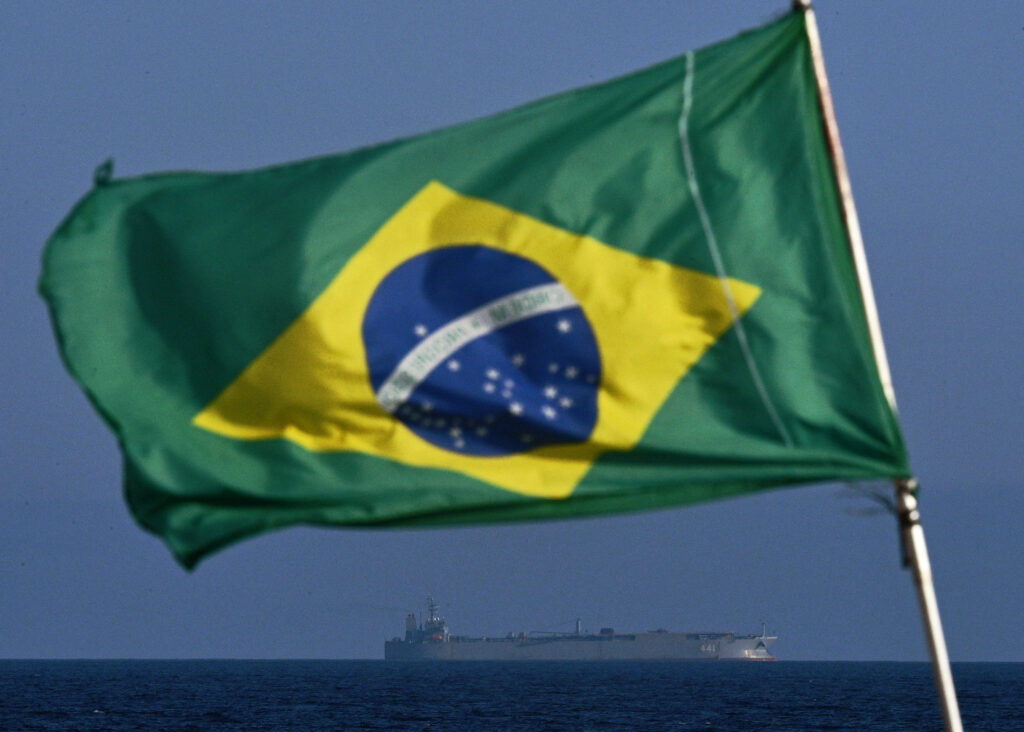
- ARAB NEWS
- 01 Aug 2025

BRASILIA: The Brazilian government issued its first formal apology Thursday for its persecution of Japanese immigrants during World War II.
The apology restores the dignity that Japanese Brazilians lost due to the government’s past atrocities, 79 years after the end of the war. Brazil has the world’s largest community of people of Japanese descent outside of Japan itself.
The Brazilian amnesty commission, an advisory panel to the government, reached a unanimous decision to give the apology.
Enea Almeida, chair of the commission, said that the panel admits to the Brazilian government’s wrongdoing of persecuting Japanese immigrants and gives an apology on its behalf.
She also said in Japanese that Brazil seeks forgiveness for the persecution of Japanese Brazilians’ ancestors.
A group of Japanese Brazilians with ties to the southern Japan prefecture of Okinawa and others had demanded that Brasilia give an apology. The U.S. and Canadian governments have each apologized for their mistreatment of Japanese immigrants and their descendants during the war.
Japanese Brazilian Mario Jun Okuhara, who had called for the government to apologize, said that an apology would not erase the terrible acts toward his grandparents and parents, but would help prevent them from happening again by learning from the atrocities.
In 1943, around 6,500 Japanese immigrants living in the southeastern port city of Santos were forced from their homes by the Brazilian government, which sided with the Allied forces, over suspected espionage linked to the sinking of commercial ships. The immigrants were relocated to prison camps.
After the war, the government cracked down on some people who argued that Japan, which had surrendered to the Allied forces, had won the war, treating them as security threats and sending about 170 people to a prison on a remote island.
The government set up the amnesty commission in 2002 to investigate human rights abuses which occurred from 1946 to 1988, including under Brazil’s dictatorship and military regime, to offer apologies and compensation.
The Japanese Brazilian community has not sought financial compensation but argued that the apology should cover the forced removal of Japanese immigrants that occurred during the war.
The commission in June 2022 declined to issue an apology, but it reconsidered the matter after members were replaced last year following a change in power.
Japanese mass immigration to Brazil began in 1908. The population of Japanese Brazilians has grown to 2.7 million people.
Japanese immigrants were forced into camps in other Allied countries as well. The United States and Canada both decided to apologize and compensate people of Japanese descent in 1988.
JIJI Press